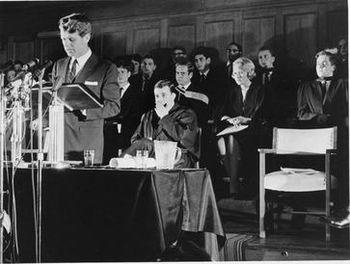
Together with his students he travelled to villages in remote mountain regions working with local people in creating theatre around their everyday concerns. Between 19 he was director of the Theatre-For-Development Project at the university and founded the Marotholi Travelling Theatre. Mda then returned to Lesotho, first working with the Lesotho National Broadcasting Corporation Television Project and then as a lecturer in the Department of English at the University of Lesotho. By 1984 his plays were performed in the USSR, the USA, and Scotland as well as in various parts of southern Africa. He completed a Masters Degree in Theatre at Ohio University, after which he obtained a Master of Arts Degree in Mass Communication. He worked as a bank clerk, a teacher and in marketing before the publication of We Shall Sing for the Fatherland and Other Plays in 1980 enabled him to be admitted to the Ohio University for a three-year Master's degree in theatre. His first play, We Shall Sing for the Fatherland, won the first Amstel Playwright of the Year Award in 1978, a feat he repeated the following year. Consequently Mda preferred to write his first plays in English. This change of setting also meant a change of language for Mda: from isiXhosa to Sesotho. The ship ends up retreating, and the victory over the British Navy emboldens the Believers commitment to the prophesies and cattle-killing.Īlternatively, Twin-Twin becomes convinced that the cattle-killing prophesies were master-minded by The Man Who Named Ten Rivers in an effort to divide the amaXhosa people and steal their land.Zakes Mda is the pen name of Zanemvula Kizito Gatyeni Mda, a novelist, poet and playwright.Īlthough he spent his early childhood in Soweto (where he knew political figures such as Walter and Albertina Sisulu, Oliver Tambo and Nelson Mandela) he had to finish his education in Lesotho where his father went into exile since 1963. The battle is averted when a group of British sailors nearly drown when they try to disembark the ship. As a Khoikhoi woman, Qukezwa has never mastered the art of ululation. AmaXhosa soldiers station themselves along the banks, and Qukezwa marshals the women to bring up the rear and produce “the sharp undulating wails that every umXhosa woman produced so well” (155). The Man Who Named Ten Rivers has sent a ship full of British sailors, and the HMS Geyser is now entering the mouth of the Gxarha River.


When they hear a war cry, the small family races back to the village.

But the sun continues to rise “as it had risen in the days of their forefathers” (153). Twin and Qukezwa sit with their young son, Heitsi, “hoping the sun would turn red, and other suns would emerge from behind the mountains” (153), signs that the resurrection was beginning.


 0 kommentar(er)
0 kommentar(er)
